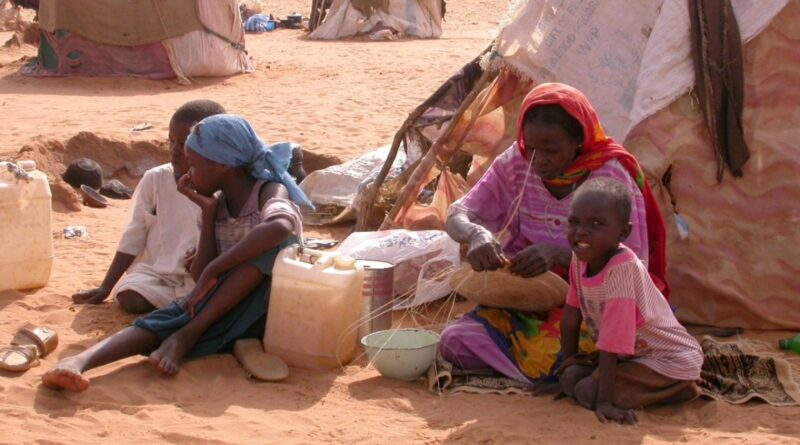Sudan: Sudan Conflict Worsens, Taking a More Dangerous Turn for Civilians Says UN
Geneva — Sudan’s conflict is worsening, and the UN Human Rights Office chief Volker Türk says it is becoming even more dangerous for civilians after reports that dozens were brutally killed in ethnically targeted attacks in the southeastern state of Al Jazirah and amid reports of an imminent battle for control of the capital, Khartoum.
Added to this is a dire situation regarding the health infrastructure in the country, Africa’s third biggest.
“As the Sudanese Armed Forces and the Rapid Support Forces battle for control at all costs in the senseless war that has raged for close to two years now, direct and ethnically motivated attacks on civilians are becoming increasingly common,” said Türk in a statement.
“The situation for civilians in Sudan is already desperate, and there is evidence of the commission of war crimes and other atrocity crimes. I fear the situation is now taking a further, even more dangerous turn.”
In the last week, the UN Human Rights Office said it had documented at least 21 deaths in two attacks in Al Jazirah state, although the actual number of attacks directed at civilians and of civilians killed are very likely higher.
Since mid-April 2023, the conflict has engulfed the Sudanese Armed Forces and the Rapid Support Forces group known as RSF, which has resulted in more than 20,000 deaths and displaced nearly 13 million people, according to the UN.
The army is led by Gen. Abdel Fattah al-Burhan, the head of the ruling Sovereign Council, also known as SAF, and the RSF, led by his former deputy Mohamed Hamdan Dagalo.
In an attack on Jan. 10, at least eight civilians were killed in Taiba Camp, and at least 13 women and one man were abducted.
Houses were burnt, livestock, crops, and other properties were looted, and dozens of families were displaced.
The next day, at least 13 civilians were killed, including two boys, in an attack on Khamsa Camp. Both camps are located about 40 kilometres from Wad Madani, the capital of Al Jazirah.
Sudan Shield Forces thought responsible
Reports suggest the attacks were carried out by the Sudan Shield Forces led by Abu Aqla Keikal, a former Rapid Support Forces commander who, in October last year, defected to the Sudanese Armed Forces, and that they targeted the Kanabi, a historically marginalized group comprised mainly of Nuba and other African tribes.
Serious concerns also persist for civilians in North Darfur, where ethnically motivated attacks by the RSF and its allied Arab militias against African ethnic groups, particularly the Zaghawa and the Fur, continue to exact a horrific toll.
Separately, in the city of Omdurman, some 120 civilians were reportedly killed and more than 150 injured in drone attacks on 13 January, allegedly launched by the SAF on a market in the Ombada Dar es Salam square, an RSF-controlled area.
Meanwhile, World Health Organization (WHO) spokesperson Tarik Jasarevic said at a UN press conference that access to healthcare continues to be severely constrained in Sudan, with 39 percent of health facilities reported as destroyed or non-functioning.

Sign up for free AllAfrica Newsletters
Get the latest in African news delivered straight to your inbox
“Health facilities lack medicines and medical supplies, and vaccination activities are very limited in the most affected areas. Findings in Khartoum are particularly stark: around 90 percent of health facilities are not functional,” said Jararevic.
“MSF has suspended medical activities at Bashair hospital (one of the last functioning hospitals in South Khartoum) following repeated attacks on staff and patients.”
Adding to the health burden, cholera, malaria, dengue, and measles have been reported in over 12 states.
Jararevic said that since April 2023, more than 50,568 cholera cases and 1,200 deaths have been reported in Sudan.
In that time, there have been 141 attacks on healthcare facilities, resulting in 240 deaths and 216 injuries.

